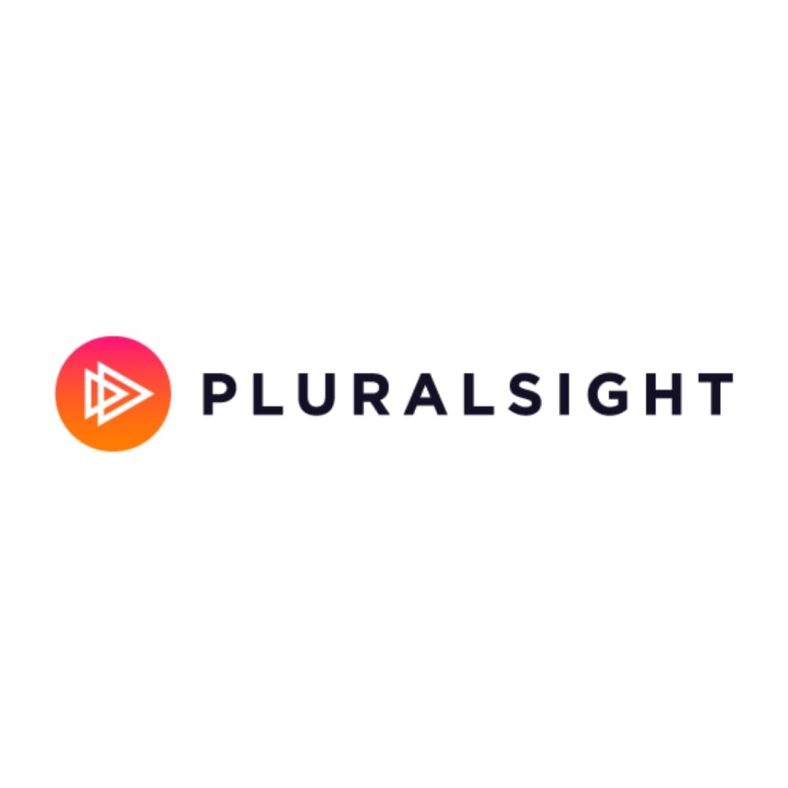LINQ Fundamentals in C#
This course teaches you how to use the LINQ syntax to select, filter, extract, partition, identify, union, join, group, and aggregate data contained in C# collections.
LINQ can filter and extract data from collections efficiently. In this course, LINQ Fundamentals in C#, you’ll learn to apply LINQ queries to sets of data to extract meaningful information in an efficient manner. First, you’ll explore how to create LINQ queries, where to learn more about LINQ, and how to select and order data from sets of data. Next, you’ll discover how to filter data, get distinct values, and identify the kind of data contained within collections. Finally, you’ll learn how to work with multiple sets of data, group data into sets, and aggregate data to produce statistics for solving business problems. When you’re finished with this course, you’ll have the skills and knowledge of LINQ needed to apply queries in your everyday applications to produce data efficiently.
Author Name: Paul D. Sheriff
Author Description:
Paul has over thirty years of experience architecting information systems and his expertise is in much demand from Fortune 500 companies. Paul is a Pluralsight author, has published 400+ articles, and authored over 14 books on topics ranging from JavaScript, Angular, C#, SQL Server and many .NET technologies. Paul is a frequent speaker at conferences and user groups.
Table of Contents
- Course Overview
1min - Where LINQ Fits into Your Toolbelt
11mins - Use LINQ to Select Data within Collections
20mins - Use LINQ to Order Data
8mins - Use the LINQ Where Clause to Filter Data
9mins - Select a Single Piece of Data from a Collection
20mins - Retrieve Specific Items Using Take, Skip, Distinct, and Chunk
16mins - Determine the Type of Data Contained within Collections
12mins - Determine Differences between Two Collections
28mins - Concatenate Collections Together Using Union and Concat
7mins - Use the Join Clause to Combine Two Collections
18mins - Use the Group Clause to Produce Grouped Collections
14mins - Aggregate Data in Collections
22mins - Use LINQ to Iterate over Collections
8mins - Understanding Deferred Execution, Streaming, and Non-streaming Operations
28mins





There are no reviews yet.